Hole Notes: The Chord and Rhythm Patterns of Django Reinhardt
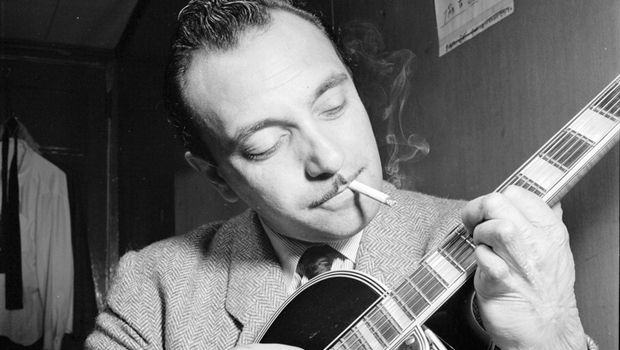
These videos are related to the February 2012 issue of Guitar World. For the full text and tablature for the column, you can pick up the issue of newsstands now or in our online store.
In this month's "Hole Notes," Musician's Institute instructor Dale Turned takes a look at artistry of guitar great and inventor of "gypsy jazz," Django Reinhardt. Because his famed quintet, Hot Club of France, didn't have a percussionist, the rhythmic patterns and chord choices in Django's unique brand of jazz were of paramount importance.
Part 1
Part 2
Get The Pick Newsletter
All the latest guitar news, interviews, lessons, reviews, deals and more, direct to your inbox!
A singer-songwriter/multi-instrumentalist/film composer, Musician's Institute instructor, and author of 50+ transcription/instructional books, Dale Turner is also Guitar World's "Hole Notes"/"Acoustic Nation" columnist, and the former West Coast Editor of Guitar One magazine. Some of Dale’s old, weird, rare, and/or exotic instruments are featured in his score for WEEDS, the first animated short completed within the Filmmakers Co-op at Disney Feature Animation. His most recent CD, Mannerisms Magnified, was praised by Guitar Player magazine for its "Smart pop tunes that are crammed with interesting guitar parts and tones ... Like what the Beach Boys might do if they were on an acid trip that was on the verge of getting out of control. Yeah!"
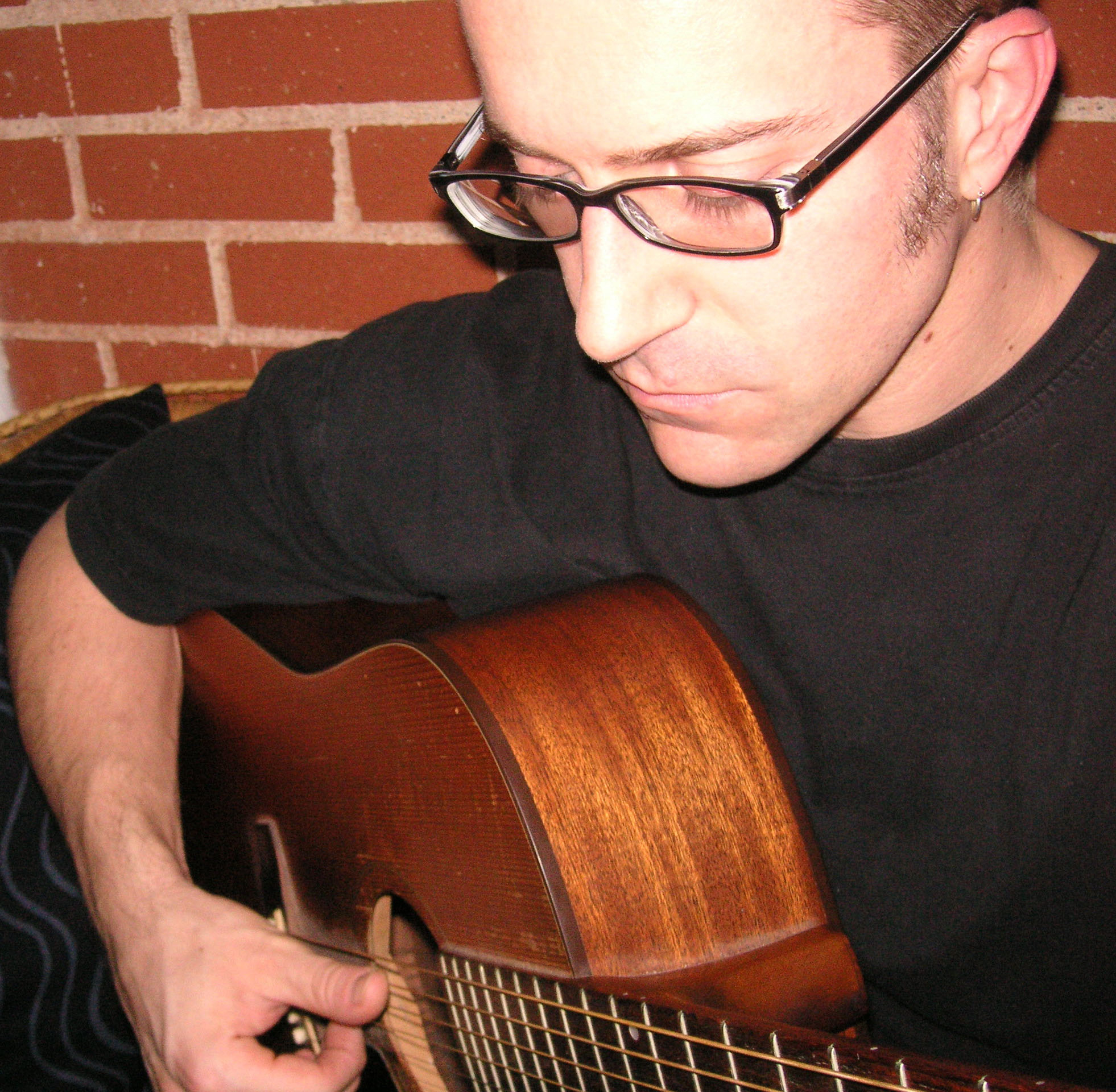

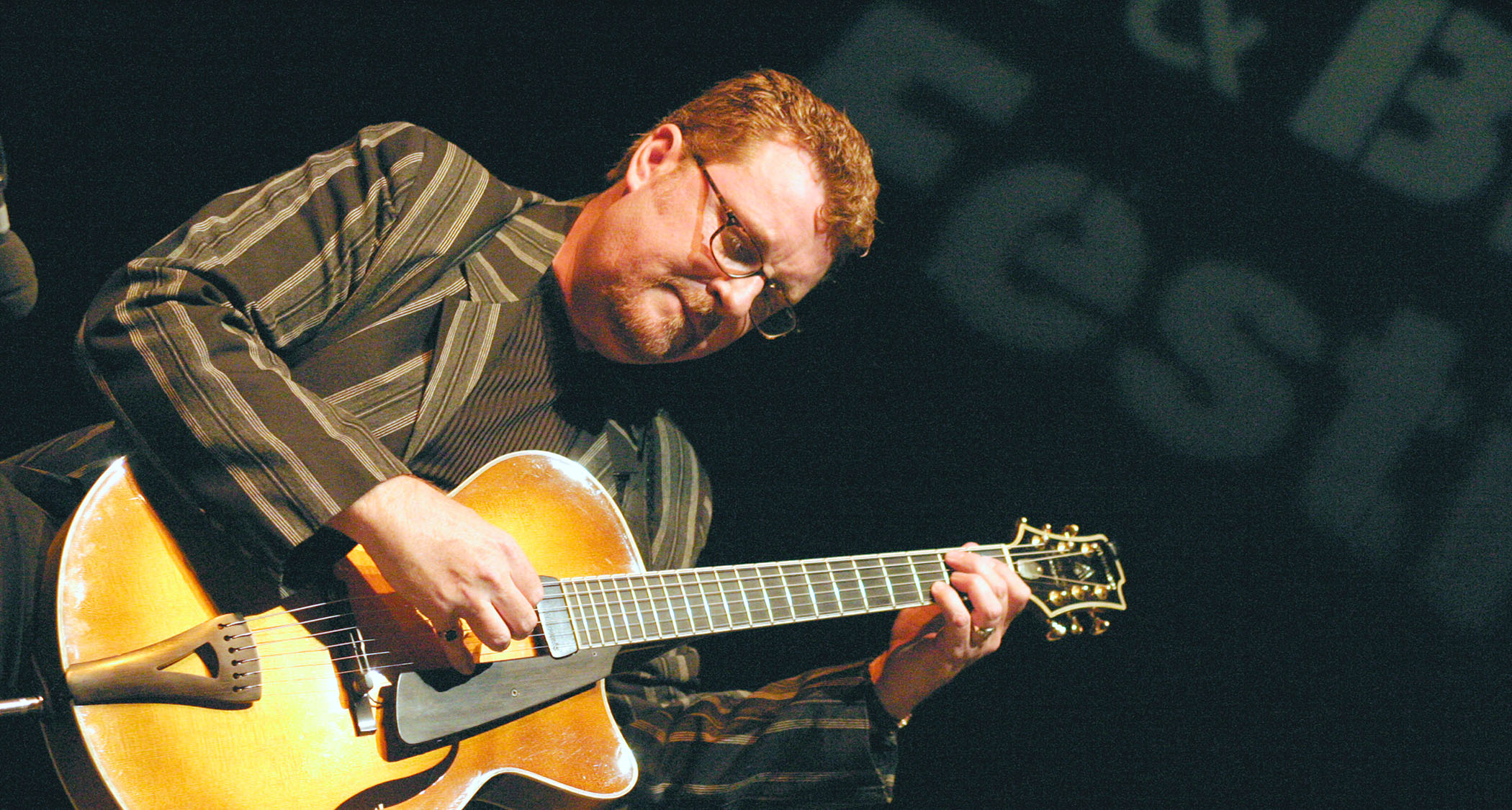

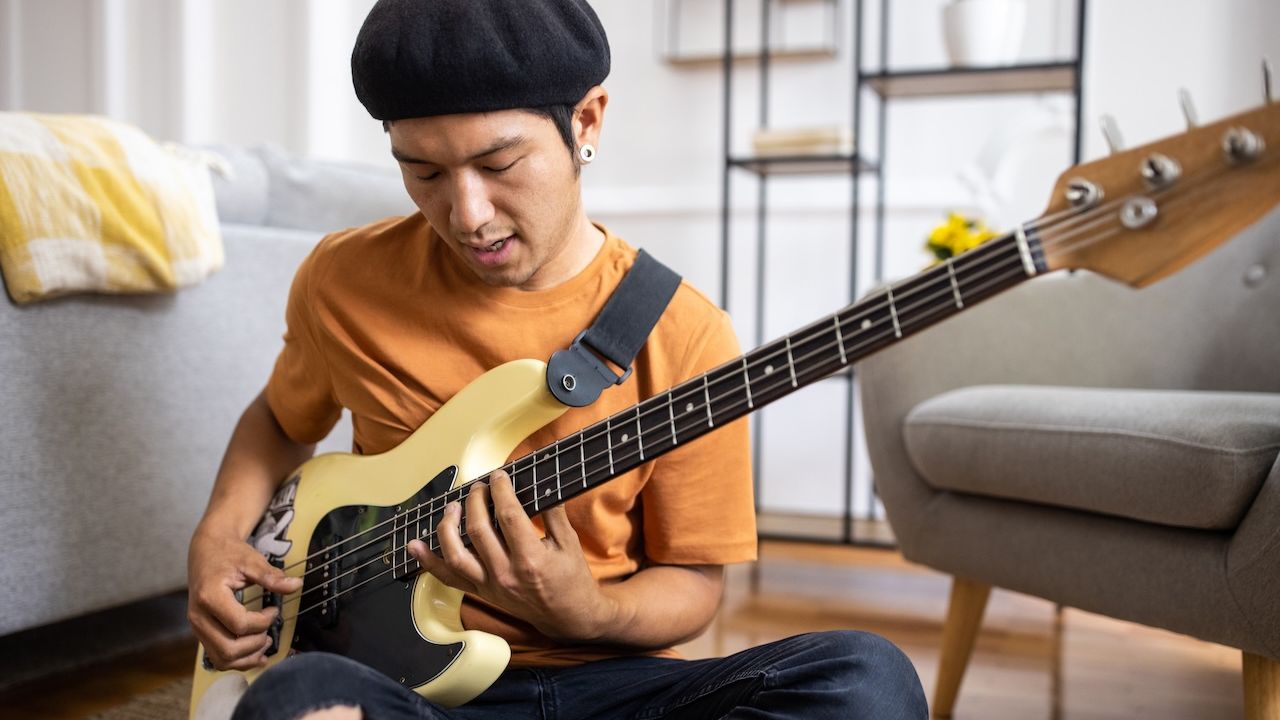
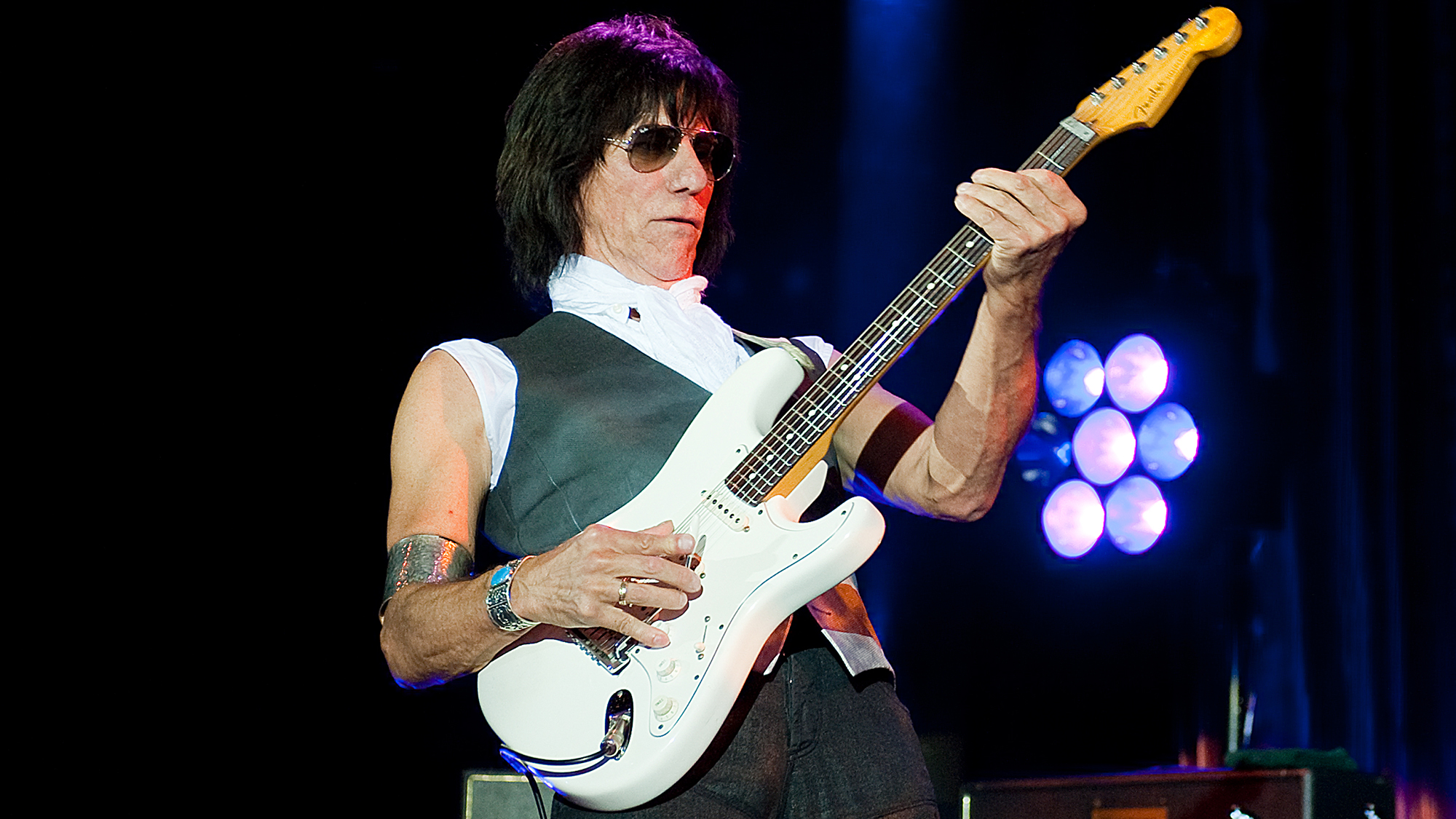
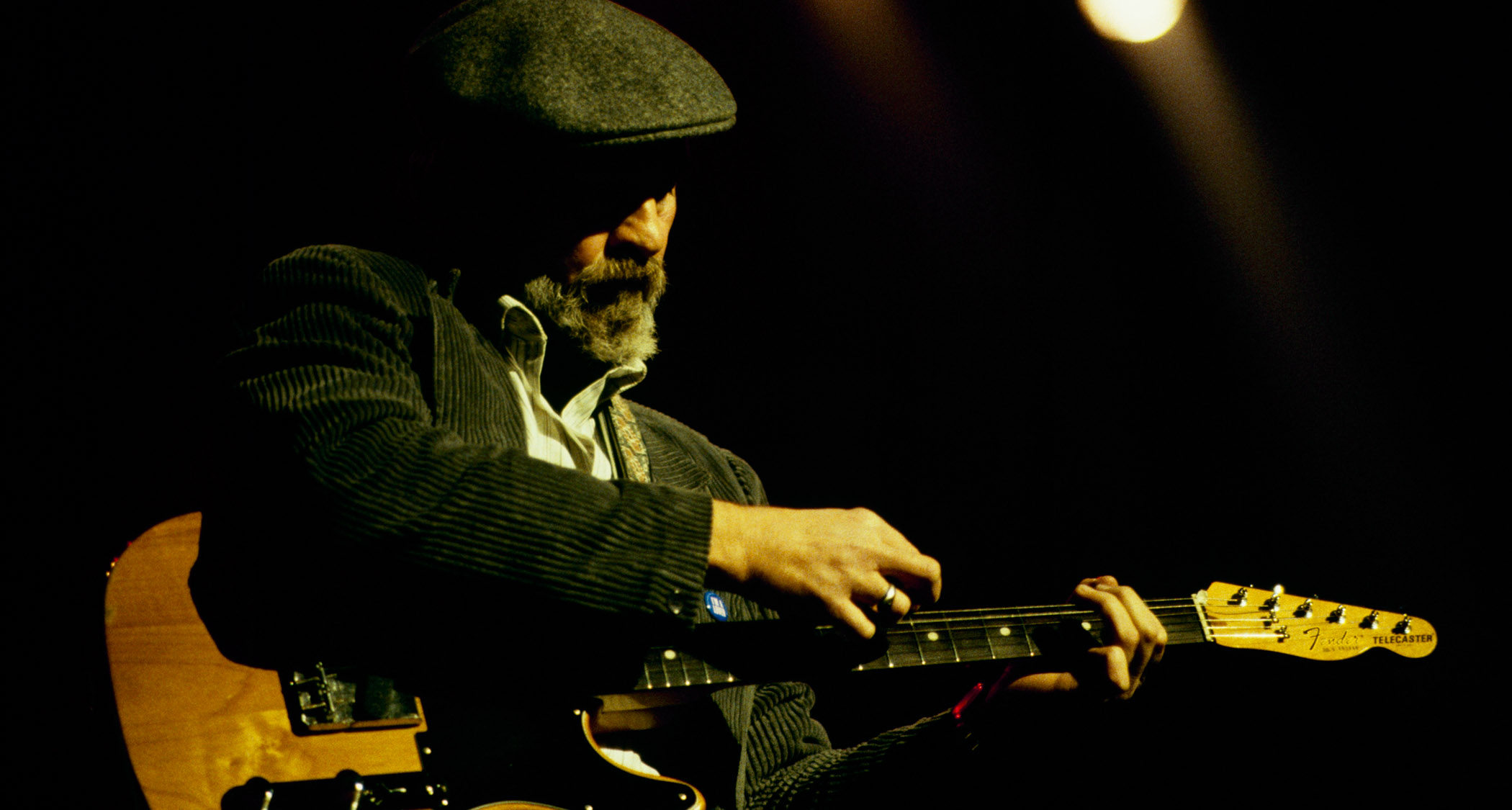
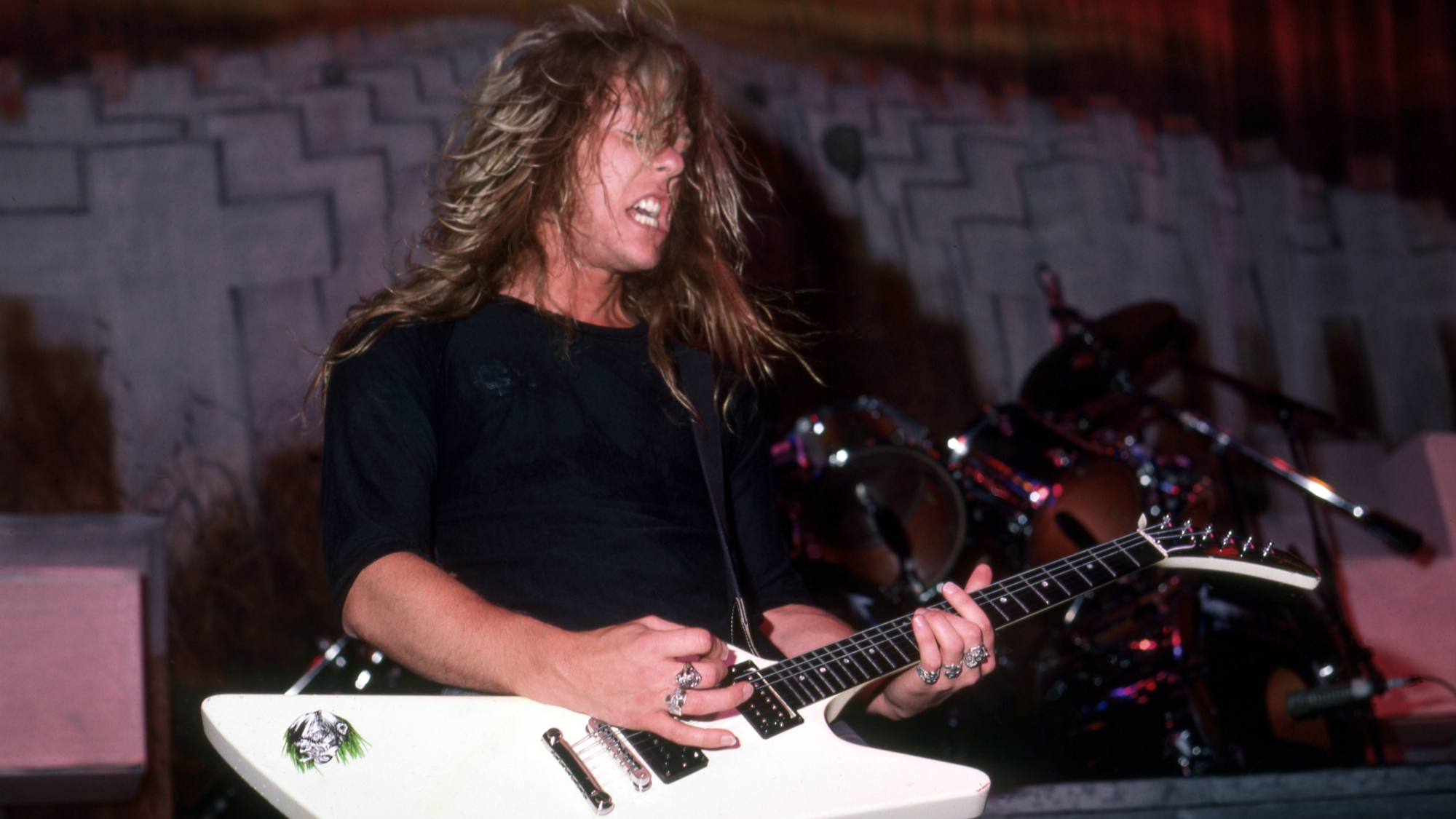
![Joe Bonamassa [left] wears a deep blue suit and polka-dotted shirt and plays his green refin Strat; the late Irish blues legend Rory Gallagher [right] screams and inflicts some punishment on his heavily worn number one Stratocaster.](https://cdn.mos.cms.futurecdn.net/cw28h7UBcTVfTLs7p7eiLe.jpg)


